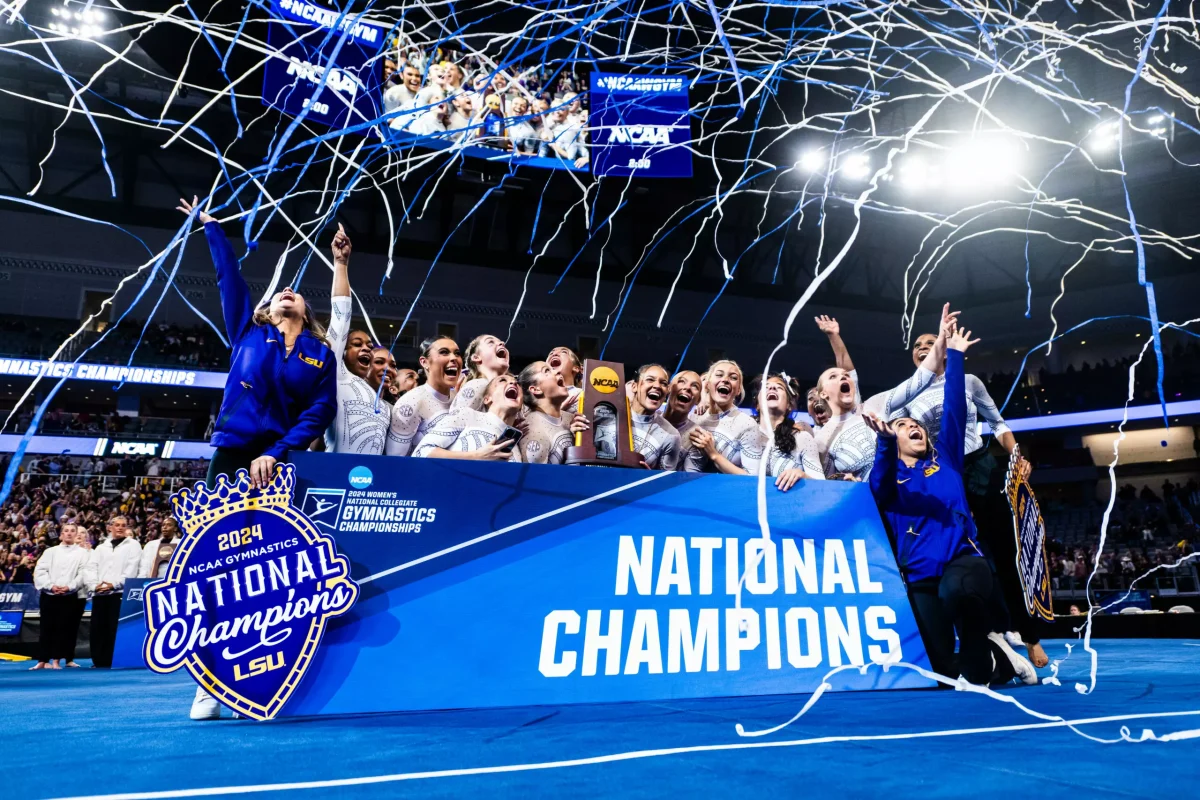The Hall of Fame golf outing and induction dinner bring recognition to the most influential in FHC athletics

More stories from Eva Harshman

This years’ inductees will be celebrated at the dinner and golf outing.
The FHC Athletic Hall of Fame has been on hold for a couple of years–thanks to COVID-19.
Now, however, the FHC Athletic Boosters Club is excited to announce that on May 6, the inductions will get rolling again.
This year, the 1994 swim and dive team is being inducted alongside alumnus Rusty Korhonen, alumna Casey Krumley, former baseball coach Thad Abel, former basketball coach Ken George, former crew coach Don LeBlanc, and the 2007 and 2008 girls soccer teams.
Beyond the recognition of the athletes, there is also a golf outing and induction dinner that is helping the next generation of athletes have the resources they need to be as successful as possible. Jennifer Bunke, who runs the booster program and is helping out with the events, is eager to see how these funds can impact the future.
“In addition to a fun way to celebrate all the inductees and the FHC sports community as a whole, the money raised from the registrations and sponsorships are crucial to the Athletic Booster budget,” Bunke said. “The profits from this event get allocated to each of the teams at FHC, so all athletes benefit.”
The golf outing, which will take place on May 6 on a half-day of school, will have participants divided into groups of four and will play an 18-hole course. This outing will be an excellent way to unite the community, especially in athletics, while playing a sport and forming bonds; this is an excellent way to demonstrate the necessity of sports in educational environments.
Head of the Hall of Fame committee Brad Anderson is looking forward to this event as it brings a friendly edge to a competitive field.
“[Attendees will be] people who are alumni, coaches, parents, administrators, and family members,” Anderson said. “It’s a lot of fun.”
Not only is the outing and dinner for building community and the later years of FHC sports, but it is also a chance for the stellar athletes that boost the school’s reputation as well as the guiding coaches who help them refine their skills.
Many of these coaches have to balance being an educator both in the classroom and on the field or court; the athletes are in the same boat by balancing their academics with sports. This is truly impressive and certainly deserves to be acknowledged.
“This is an opportunity to recognize those accomplishments,” Anderson said. “Family members [will be] present, and [it’s] also to raise money for our athletic program—it’s a major fundraiser.”
Nominations for the inductees to the FHC Hall of Fame are made by the Hall of Fame committee, and each is selected due to their leadership and dedication to the sport.

Athletic secretary Kristi Swayze is on the same page as Anderson on what the true nature of the golf outing and dinner is: making sure that those who have worked hard get recognized for it.
“I think the Hall of Fame is a great opportunity for us to recognize athletes that have really contributed to the success of FHC’s athletic programs,” Swayze said. “[The ceremony is] also a way of saying thank you to them for what they did when they were here and set an example for athletes.”
The former athletes being reliable models for the current athletes is an encouraging sight that warms Swayze’s heart. The return of the alumni in visitation to their prior athletic ventures and victories is a way to unite the Ranger generation and boost morale all around.
However, there is one thing that Swayze would like to see more of being celebrated in Ranger Country: successes that would not be considered because of victories, but rather because of improvements.
“Success is defined in different ways for different programs,” Swayze said. “What I’d really like to do is get the word out to more people and make more nominations—that’s actually one of my goals. Success could be a team that didn’t win a game one year, but the next year, they won two games. Part of the future that I think would be great is to recognize success with different definitions.”

Eva Harshman is a senior who is thrilled to be entering her fourth and final year on staff as Editor-in-Chief. Apart from writing for The Central Trend, she...























































































